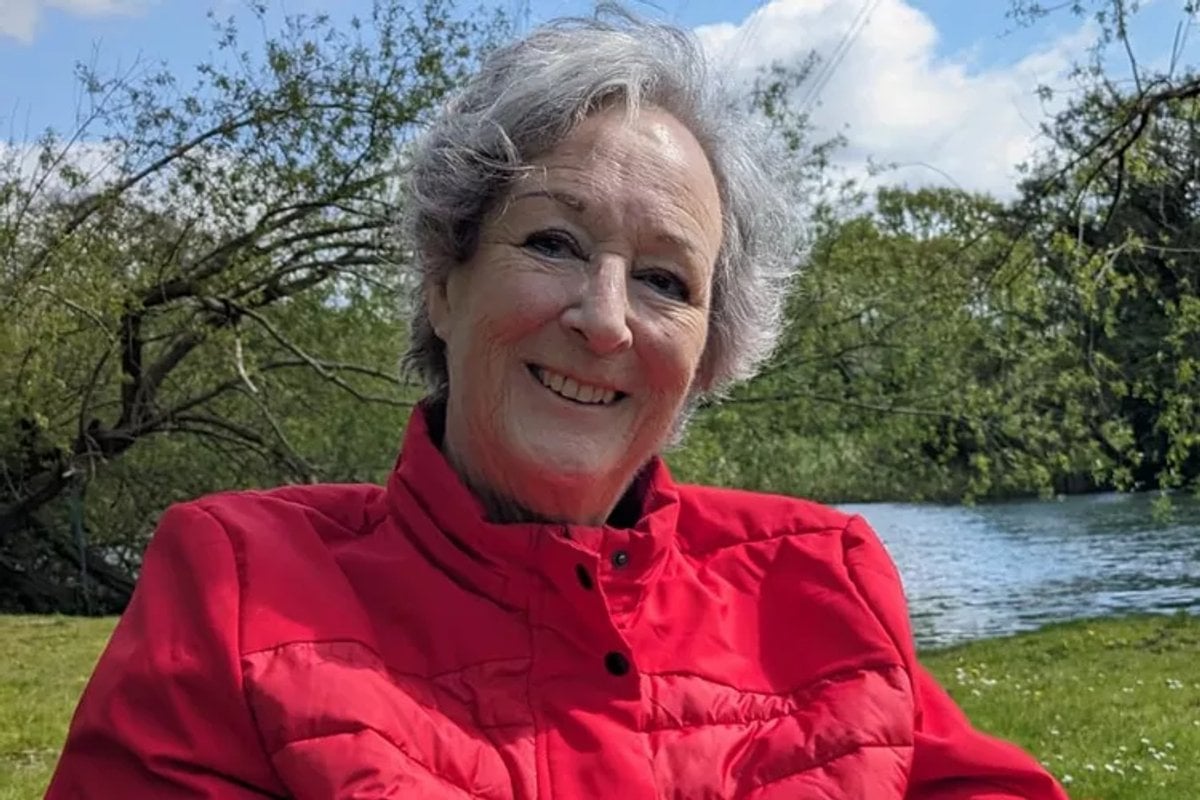
In 1979, Antonya Cooper was enduring every mother's worst nightmare.
She was living with her five-year-old son Hamish in Oxfordshire, England. That year, he was diagnosed with neuroblastoma, a type of cancer that starts in early nerve cells. It is one of the most common forms of cancer in children, according to WHO.
With the cancer so aggressive, Hamish was given just three months to live.
Antonya had to watch her little boy battle through the pain, knowing that there was no chance of a full recovery. The cancer was terminal, and although Hamish surpassed doctor's expectations, surviving for a further 16 months, he passed away in 1981.
It wasn't until years later that Antonya admitted that he didn't die on his own. She had helped him to pass when she knew that he didn't want to endure any more pain.
Antonya recently spoke to BBC Radio Oxford, saying that she decided to "quietly end his life", with Hamish struggling and in "a lot of pain" due to his stage 4 cancer.
"On Hamish's last night, when he said he was in a lot of pain, I said: 'Would you like me to remove the pain?' and he said: 'Yes please, Mama.'
"And through his Hickman Catheter, I gave him a large dose of morphine that did quietly end his life," she said.

Top Comments